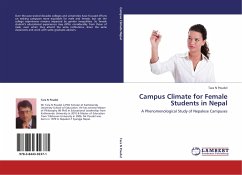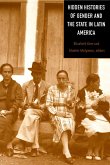This book resets the agenda on trafficking. The Trafficking of Nepalese women to India for various purposes has a long history and is an extremely sensitive issue, linked to gender, migration, poverty, work, sex, money, power and violence. Methodologically daring, it brings a social constructionist approach to trafficking by situating experiences of trafficked women within larger debates in social theory over stigma, gender, sexuality, violence and citizenship, and also neo-liberal policies and ethnicity, exploring how structural power interacts with the agency of returnee trafficked women within these debates. As the book argues, women may be able to escape trafficking physically but social labelling of women continues to affect all aspects of their lives. These labels are linked with the women's perceived sexuality and build on trauma the women encounter in trafficking. Painful consequences are imposed by Nepalese society, and contribute to various forms of social rejection imposed on women on their return, often disqualifying them from achieving citizenship.
Bitte wählen Sie Ihr Anliegen aus.
Rechnungen
Retourenschein anfordern
Bestellstatus
Storno








